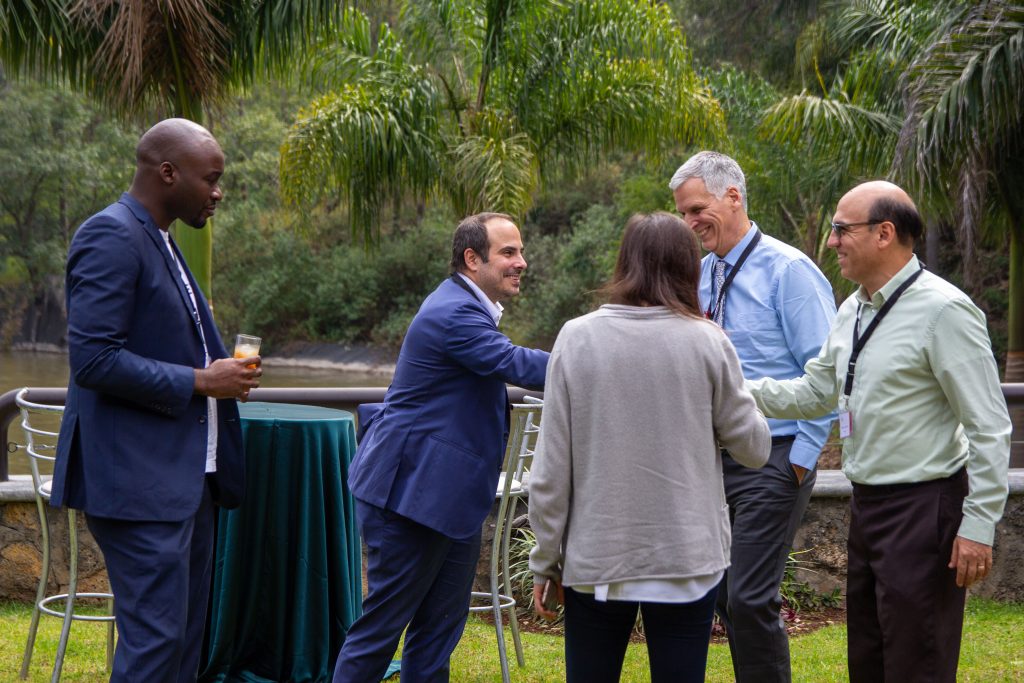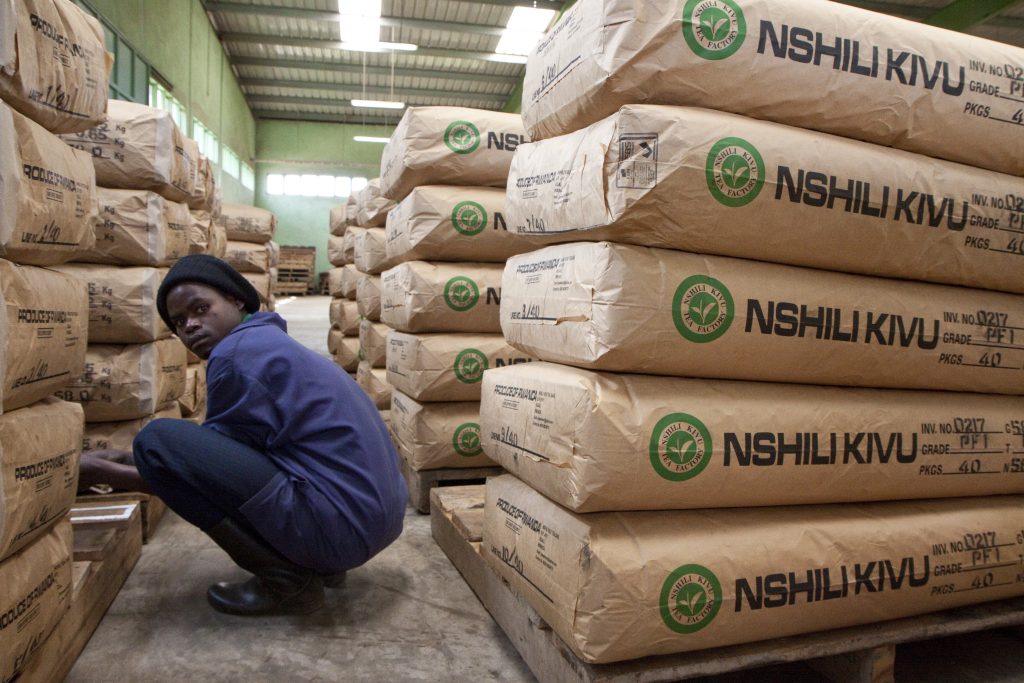On 05 September 2022, the Smallholder and Agri-SME Finance and Investment Network (SAFIN) and AFEX Commodities Exchange (AFEX) co-hosted a side event at the Africa Green Revolution Forum (ARGF) 2022 Summit. The session took place in Kigali, Rwanda with over forty experts in attendance, representing agri-businesses, development organizations, support organizations as well as international and regional finance institutions. The discussion focused on the key challenges faced by Africa-based agricultural Small and Medium Enterprises (agri-SMEs) in accessing fit-for-purpose financial services, particularly in light of the more recent market volatility caused by COVID-19, the war in Ukraine, inflationary pressures and the ongoing effects of climate change.
Agricultural SMEs play a critical role in sub-Saharan Africa’s agricultural value chains, particularly in linking small farmers to markets and stimulating sustainable innovations that foster food systems transformation. The estimated US$100 billion annual funding gap faced by these enterprises is compounded by a shortage of financial services and products that are tailored to their specific needs as well as the perception of high risk and cost among financiers due to their size and exposure to the volatile agriculture sector. Current national policy frameworks do not incentivize the design of targeted financial products and services for these businesses. With every new crisis affecting food systems, we are reminded of the importance of agri-SMEs in feeding Africa and the need for more investment into the agricultural sector.
Agri-SMEs in a persistent state of crisis
“If a crisis is a period of elevated risk, agri-SMEs in Africa could be considered to be in a constant state of crisis. Despite that, these enterprises have adopted innovative practices and technologies to mitigate against risk and improve efficiencies. They are growing to be resilient and commercially viable in the face of risks like climate change, supply constraints and many others,” said Andrew Mude, Lead, Agri-SME Development and Innovative Financing at the African Development Bank (AfDB) in his opening remarks at the session.

Participants at the AGRF 2022 side session. Photo Credit: AFEX Commodities Exchange
Etienne Ndatimana, Head of Product and Operations at Aceli Africa presented insights from Aceli’s research demonstrating quantitatively that agriculture investment in Africa presents double the risk of other sectors, while offering 4-5% lower returns. In light of this, steering clear of agricultural lending appears to be a rational decision by investors. This imbalance needs to be addressed through different approaches to financing agriculture, since the sector employs two thirds of the workforce in Africa but is targeted by only 5% of commercial banks. In response to this, Andrew Mude emphasized the importance of changing the narrative about agri-SMEs from a focus on risk to a focus on resilience amid ongoing crises.
The role of strategic partnerships in risk mitigation
During a panel discussion following the opening discussion, Nadine Gbossa, Director of Food Systems Coordination at the International Fund for Agricultural Development (IFAD), challenged the idea that agricultural lending was inherently risky. Referring to different project experiences in Nigeria and Kenya, she highlighted the role of strategic partnerships in creating an environment conducive to effectively containing risk. In these projects, different players from the private, public and development sectors coordinated their contributions to ensure high quality inputs and production, access to markets and functional infrastructure, while providing financing for all activities.

From the left: Ayodeji Balogun (AFEX), event participant, Michael von During (SAFIN). Photo Credit: AFEX Commodities Exchange
However, Ayodeji Balogun, Chief Executive Officer (CEO) of AFEX and panellist at the event, explained that such complex partnerships are difficult to replicate and the traditional models for deploying finance to agriculture were not adapted to the needs and capabilities of most agri-SMEs. It is therefore time to reconsider the distribution channels for financing agriculture.
Future opportunities for innovation and risk management
Speakers at the event expressed optimism for a future that may bring the change required to overcome these challenges. For Ayodeji Balogun, this is evident in the improved quality of talent available in the sector and the innovative approaches that may emerge from a more knowledgeable generation of agri-SME finance professionals. In the face of inadequate assessment of agri-SME risk, Andrew Mude suggested that the new technologies, including fintechs, could close this gap through improved access to quality data for risk assessment and management. Fintechs also come with the promise of reducing investment costs through wider aggregation of recipients in fewer transactions.
Improved access to finance depends on better policies
Overall, participants were disappointed in the evolution of policy measures aimed at unlocking more financial resources dedicated to the agricultural sector in recent decades. Simply put, little progress has been made despite the millions of dollars poured into advocacy and into the financial sector. Etienne Ndatimana highlighted some of the key obstacles posed by existing regulatory requirements for banks, such as capital adequacy ratios. Such regulations de-incentivize higher exposure to a sector that already brings lower returns than alternative sectors available for investment. Yet, there is evidence that in the face of a crisis, emergency policies such as export bans can be rapidly introduced to secure local production, financing and food security. However, such interventions are rarely long term in nature. Governments should therefore focus on introducing more permanent policies that ensure greater coordination across agriculture value chains and markets. This can contribute to higher volumes of investment into agri-SMEs in Africa.

